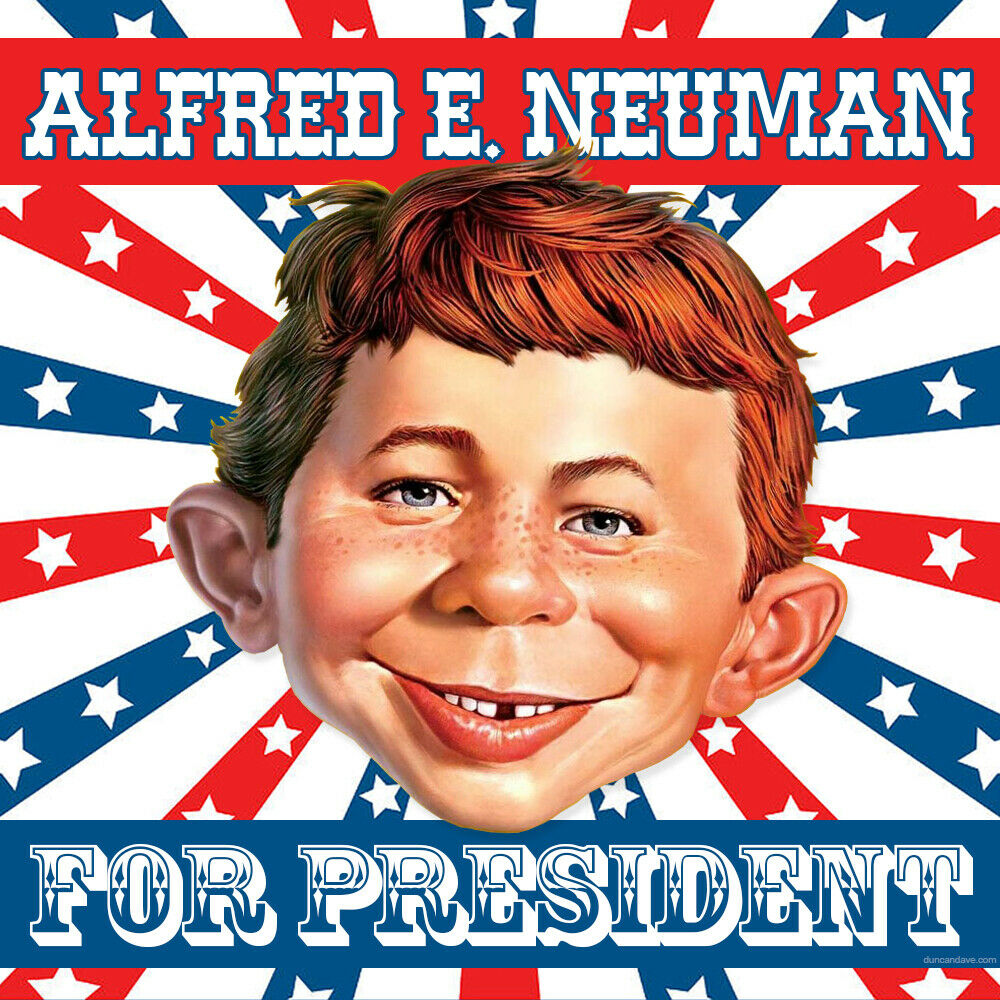
After 67 years of publication, Mad Magazine is calling it quits. With their gap-toothed spokesperson Alfred E. Neuman (and his tagline, “What, Me Worry?”) the satirical magazine poked fun at everyone and everything that tried to be respectable. With a combination of teenage irreverence and silliness, the writers and editors used humor to address topics with serious political implications.
Launched as a comic book before becoming a magazine, Mad hit its peak circulation in the mid ’70s. As a teenager during that time period I remember the magazine well…although I was not allowed to have copies in the house. The contents of the magazine pushed the limits of what was, according to my parents, acceptable for young men. And as you can imagine, that made the idea of reading it all the more attractive.
Besides the news of their decision to end regular publication, the magazine has been getting attention for the uncanny likeness some see between Alfred E. Neuman and Democratic Presidential candidate Pete Buttigieg. I’ll leave that one for your to decide.
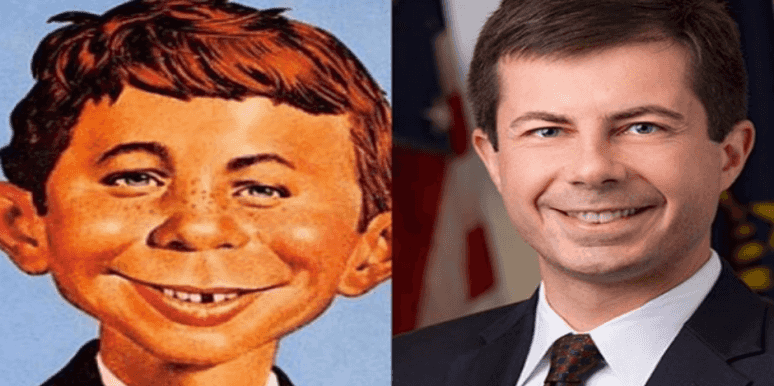

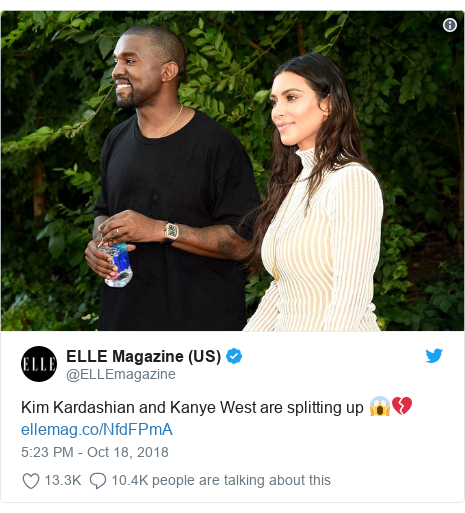
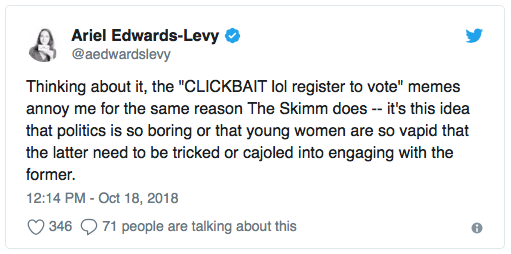
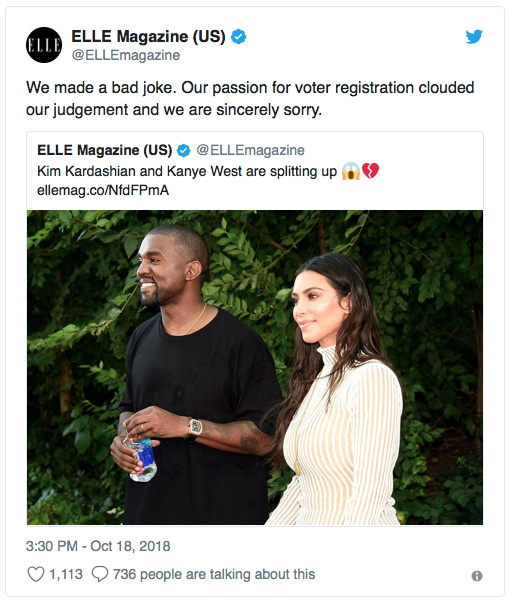
 reputation. First it was the campus rape story that was retracted after the accuser’s story disintegrated. In this case irresponsible journalism damaged not only the reputation of individuals and the UVA campus community, it did damage to the cause of those working hard to reduce sexual assault on college campuses. You can read about the debacle
reputation. First it was the campus rape story that was retracted after the accuser’s story disintegrated. In this case irresponsible journalism damaged not only the reputation of individuals and the UVA campus community, it did damage to the cause of those working hard to reduce sexual assault on college campuses. You can read about the debacle